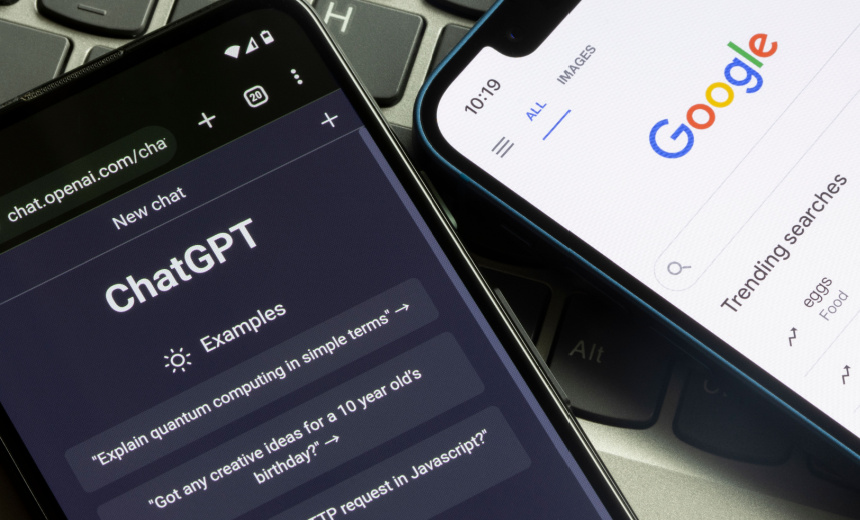Tech Leaders Call on Trump to Relax AI Export Regulations

AI Giants and Their Perspectives on Copyright and Export Controls
Overview of AI Regulation Talks
In recent discussions surrounding the regulation of artificial intelligence, tech leaders from OpenAI and Google have expressed their views in response to the U.S. government’s AI Action Plan. This plan aims to ensure that the United States maintains its technological advantages over countries like China.
OpenAI’s Strong Stance
OpenAI has made significant comments regarding the AI Action Plan, especially focusing on the development of AI models in China. The company has called for a prohibition on AI models created by the Chinese facility, DeepSeek. They argue that these models are considered a security threat due to China’s stringent data laws, which may force companies to share sensitive information with the Chinese government.
Export Control Recommendations
OpenAI has urged the U.S. government to ease export controls on high-performance computing chips and AI model weights. Currently, these advanced chips can only be exported freely to a limited number of countries, primarily in Western Europe, along with Canada, Japan, and Australia. OpenAI believes that export permissions should extend to any country that abides by democratic principles in AI usage, thus promoting freedom for its citizens.
Fair Use Advocacy
On copyright issues, OpenAI has advocated for AI-friendly policies, emphasizing the importance of “fair use.” The company argues that limiting AI training data exclusively to content in the public domain could potentially hinder the effectiveness and competitiveness of AI models. This perspective has drawn criticism from copyright holders who have taken legal action against OpenAI for using their content without proper authorization.
Google’s Position
Google’s feedback on the AI Action Plan aligns in certain aspects with OpenAI. They too have pushed for more lenient copyright regulations. Google contends that allowing exceptions for text and data mining is crucial for AI businesses to effectively train AI systems using copyrighted material.
Concerns Over Export Controls
Google has expressed concerns over the recent tiered export control system introduced toward the end of the Biden Administration. They believe this approach could impair U.S. competitiveness by placing unfair burdens on domestic cloud service providers.
Recommendations for Government Action
Google has suggested that, instead of reducing federal funding for AI research, the government should focus on long-term investments in this sector. Additionally, they propose that the government should release publicly available datasets to facilitate the growth of the commercial AI industry.
Shared Views on Liability
Both OpenAI and Google have voiced their opposition to the introduction of liability laws specific to AI. Google argues that the responsibility for assessing risks lies more appropriately with those deploying the AI technologies rather than the developers behind them. OpenAI has similarly resisted calls for broad accountability measures that could place undue burdens on AI creators.
In summary, as the landscape of AI regulation continues to evolve, the perspectives of leading companies like OpenAI and Google highlight the intricate balance between fostering innovation and addressing security and copyright concerns. Their positions provide valuable insights into the future direction of AI policy in the United States.





